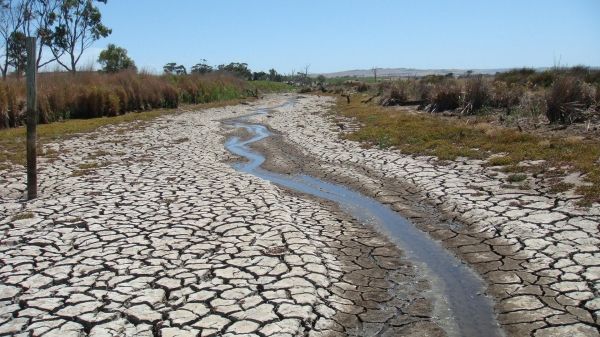Published in the journal Earth-Science Reviews , the scientists highlight the many physical and chemical changes occurring during droughts that lead to severe, and sometimes irreversible, drying of wetland soils.
“Wetlands around the world are incredibly important for maintaining our planet’s biodiversity and they store vast amounts of carbon that can help fight climate change,” says project leader Associate Professor Luke Mosley, from the University’s Environment Institute and School of Biological Sciences.
“Globally, wetlands cover an area greater than 12.1 million square kilometres and deliver at least A$37.8 trillion (Int$27 trillion) in benefits per year, such as for flood mitigation, food production, water quality improvement and carbon storage.”
Continue reading at University of Adelaide
Image via University of Adelaide


